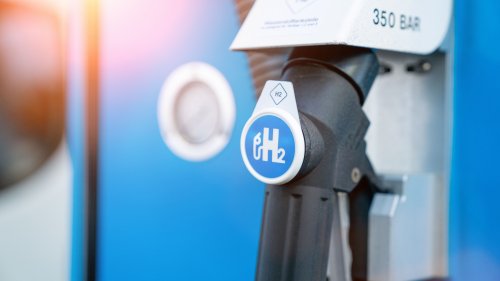The Battery Regulation has entered into force in the EU, which applies to any batteries, including industrial and household batteries.
It provides for restrictions on the use of harmful substances, including mercury and lead, sets mandatory recycling targets, and also lays a framework for reporting emissions for the battery industry, reports Balkan Green Energy News.
It is noted that cobalt, lead, lithium, nickel, copper and other types of raw materials are obtained from limited resources that are difficult to obtain in the EU. Some of them even have the status of critical raw materials. The regulation is designed to improve the safety, circulation and durability of batteries throughout their life cycle. In addition, the document paves the way for the implementation of standards and requirements for harmful substances, recycling, substitutability, social impact and greenhouse gas emissions.
The article emphasized that the recycling obligations are designed to reduce dependence on third countries. From 2025, the block will introduce mandatory minimum levels of recycled content.
“In two years, all new consumer electronics will have to have removable batteries, and all batteries will require a digital passport accessible via QR code. Companies in the production chain will be obliged to ensure that the sources of raw materials do not have a negative impact on the environment or society," the document says.
European commissioners said the new law promotes the circular economy and zero-pollution ambitions, and strengthens the EU's strategic autonomy. It is part of the European Green Deal.
It is noted that Member States now need to adopt detailed secondary legislation. After all, the new law lays the groundwork for emissions reporting for the battery industry and a gradual increase in standards. In addition, politicians agreed to introduce stricter rules on durability and performance.
“Climate change is the second most important category of impact on batteries after the mining and use of minerals and metals, according to the regulation. Accumulator industrial batteries with a capacity of more than 2 kWh, as well as batteries for light vehicles (LMTs) and electric vehicles must obtain carbon footprint declarations. The standards will gradually increase," the article says.
Balkan Green Energy News added that global demand for batteries is growing rapidly. It is expected to grow 14 times by 2030, and the EU will account for 17% of this demand.
Remind, in the EU they plan to build 30 gigafactories for energy conservation, which will contribute to energy independence and the achievement of climate neutrality goals.
As EcoPolitics previously reported, Ukraine agreed with the European Bank for Reconstruction and Development on the digitization of critical raw materials for the Green Deal.





